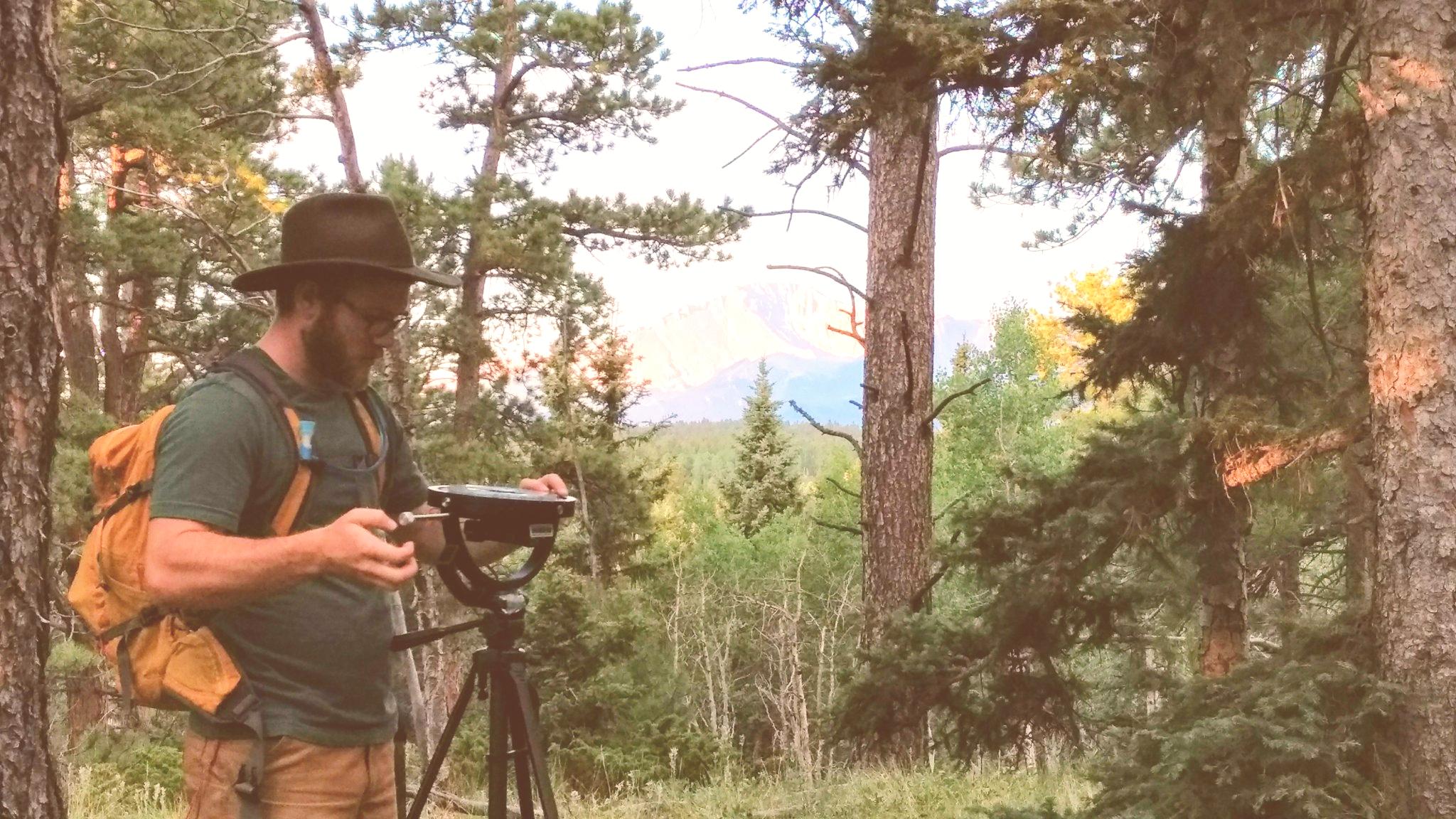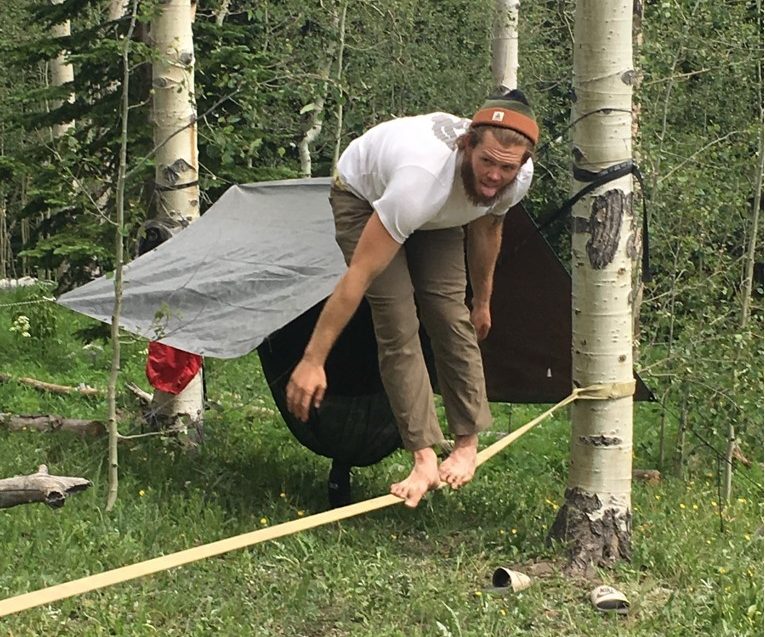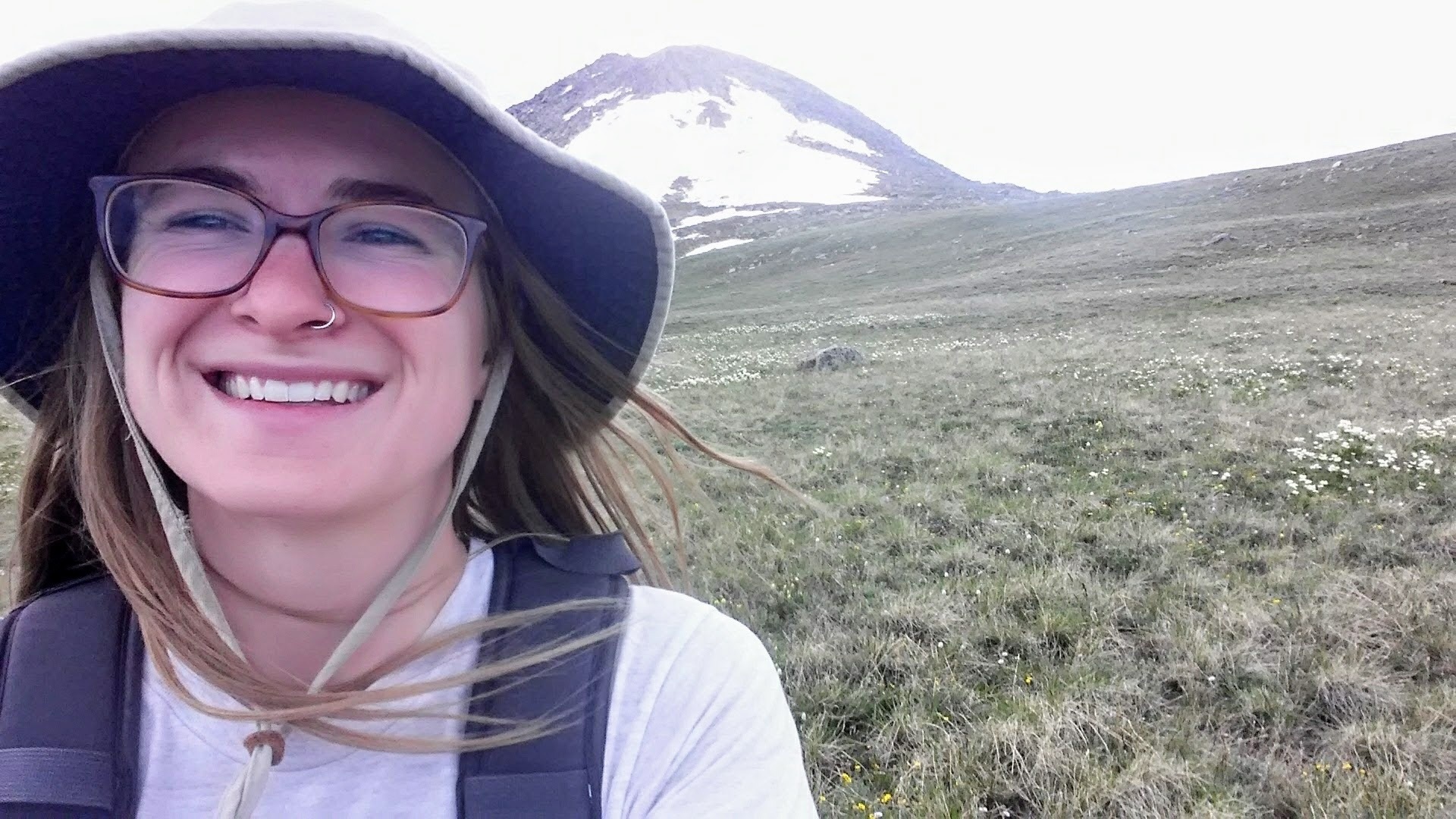PURPOSE
We provide Colorado State University undergraduate students the opportunity to do research with our program for course credit. Our pilot year in 2017 hosted two outstanding seniors researching forests along the Colorado Front Range. This program gives students hands-on experience conducting ecological research related to forest restoration ecology, collaborative restoration, and/or remote sensing techniques. Students have the opportunity to:
- Complete an independent research project related to forest restoration ecology,
- Gain experience with scientific data collection, analysis, interpretation, and presentation,
- Present results through a short scientific paper and poster
- Assist with closely related ongoing ecological research projects at CFRI.
We give students experience and practice applying the scientific process to ecological concepts, provide them with an introduction to methods for collecting and interpreting ecological data, and prepare them for future research endeavors in graduate or professional opportunities. Please contact cfri_info@colostate.edu for more information on internship opportunities.



